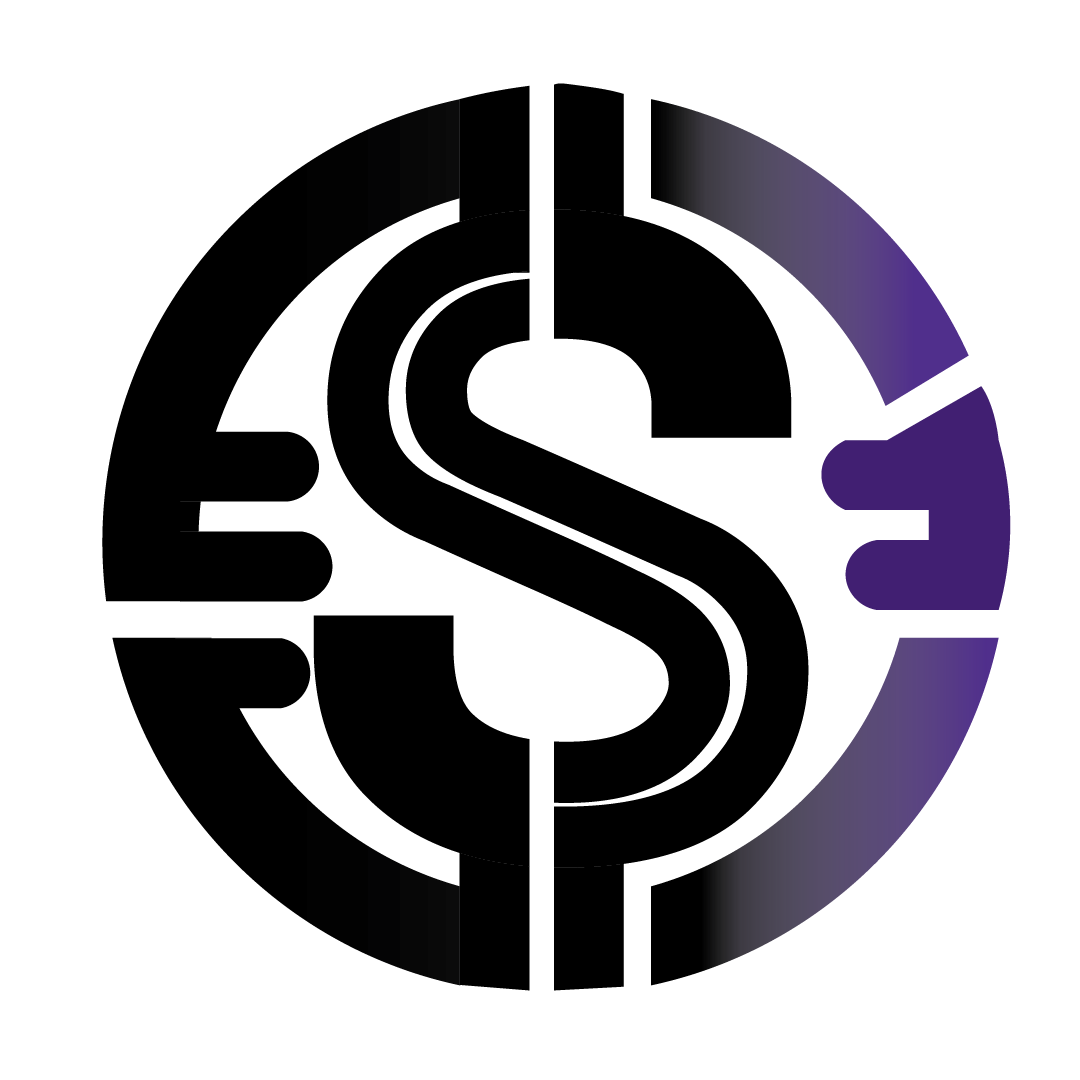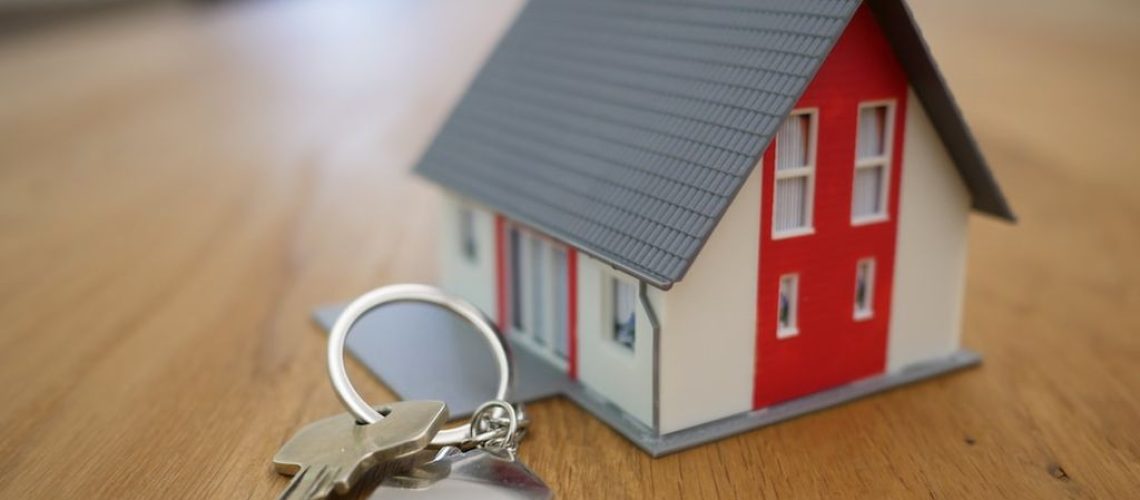When it comes to mortgage lending, one of the biggest challenges lenders face is recovering unpaid debts. This dilemma can be particularly difficult to navigate due to various challenges and legal considerations. In order to effectively recover these debts, lenders must employ specific tactics and strategies. This article will explore the mortgage lenders’ dilemma and provide key takeaways on tactics for recovering unpaid debts.
Key Takeaways
- Understanding the challenges faced by mortgage lenders is crucial in developing effective strategies for recovering unpaid debts.
- Legal considerations play a significant role in the recovery process, and lenders must ensure they comply with all applicable laws and regulations.
- Negotiation and payment plans can be effective tools for recovering unpaid debts, allowing borrowers to make manageable payments over time.
- Foreclosure and repossession are more drastic options that lenders may resort to if negotiation and payment plans fail.
- Debt collection agencies and legal action can be utilized as a last resort to recover unpaid debts, but careful consideration must be given to the potential consequences.
Understanding the Mortgage Lenders’ Dilemma
Challenges Faced by Mortgage Lenders
Mortgage lenders face various challenges when it comes to recovering unpaid debts. These challenges can include dealing with borrowers who are unable or unwilling to make their mortgage payments. In addition, mortgage lenders may also face challenges in navigating the legal landscape to enforce debt recovery.
Legal Considerations for Recovering Unpaid Debts
When it comes to recovering unpaid debts, mortgage lenders face various legal considerations. Understanding these considerations is crucial for navigating the complex landscape of debt recovery.
Tactics for Recovering Unpaid Debts
Negotiation and Payment Plans
Negotiation and Payment Plans
Expect our collector to make daily attempts to contact the debtors for the first 30 to 60 days. If all attempts to resolve the account fail, we go to Phase Two, where we immediately forward the case to one of our affiliated attorneys within the debtor’s jurisdiction.
Phase Two:
Upon our office sending your case to a local attorney within our network, you can expect the following.
- The receiving attorney will immediately draft the first of several letters to the debtor, on his law firm letterhead, demanding payment of the debt owed to you.
- The receiving attorney or one of our affiliated attorneys will then make daily attempts to contact the debtor for the next 30 to 60 days.
- If the debtor fails to respond or make payment arrangements, our affiliated attorney will initiate legal action by filing a lawsuit in the debtor’s jurisdiction.
- You will be responsible for the cost of filing the lawsuit, but if the litigation is unsuccessful, you will not owe anything to our firm or our affiliated attorney.
Foreclosure and Repossession
Foreclosure and repossession are two tactics that mortgage lenders may employ to recover unpaid debts. These actions involve taking legal ownership of the property in question as a means of satisfying the outstanding debt. While foreclosure involves the lender taking ownership of a property due to the borrower’s failure to make mortgage payments, repossession refers to the lender reclaiming a property that was used as collateral for the loan. Both foreclosure and repossession can have significant financial and emotional consequences for borrowers.
Debt Collection Agencies and Legal Action
When all attempts to resolve the account fail, mortgage lenders may turn to debt collection agencies and legal action. These agencies specialize in recovering unpaid debts and have the expertise to navigate the legal process. Here is what you can expect:
Are you struggling to recover unpaid debts? Look no further! At Debt Collectors International, we specialize in debt collection solutions that are simple and effective. Our team of experts is dedicated to helping you recover what is rightfully yours. With our proven tactics and personalized approach, we have a track record of success in recovering unpaid debts. Don’t let unpaid debts weigh you down any longer. Take action today and visit our website to learn more about how we can help you. Click here to get started!
Frequently Asked Questions
What are the common challenges faced by mortgage lenders?
Mortgage lenders often face challenges such as borrowers defaulting on their payments, declining property values, and legal complexities in the foreclosure process.
What legal considerations should mortgage lenders keep in mind when recovering unpaid debts?
Mortgage lenders need to be aware of the specific laws and regulations related to foreclosure and debt collection in their jurisdiction. They should also ensure compliance with fair lending practices and consumer protection laws.
What is negotiation and payment plan as a tactic for recovering unpaid debts?
Negotiation and payment plans involve working with borrowers to come up with a mutually agreeable solution for repaying the debt. This can include modifying the terms of the loan or creating a repayment plan based on the borrower’s financial situation.
How does foreclosure and repossession work as a tactic for recovering unpaid debts?
Foreclosure and repossession involve the lender taking legal action to seize and sell the property in order to recover the unpaid debt. This process typically follows a series of legal steps and can vary depending on the jurisdiction.
What role do debt collection agencies play in recovering unpaid debts?
Debt collection agencies can be hired by mortgage lenders to assist in recovering unpaid debts. These agencies specialize in debt collection and have the expertise and resources to pursue borrowers and negotiate repayment.
When is legal action necessary for recovering unpaid debts?
Legal action may be necessary when other tactics have been unsuccessful in recovering unpaid debts. This can involve filing a lawsuit against the borrower to obtain a judgment and pursue further action to collect the debt.

